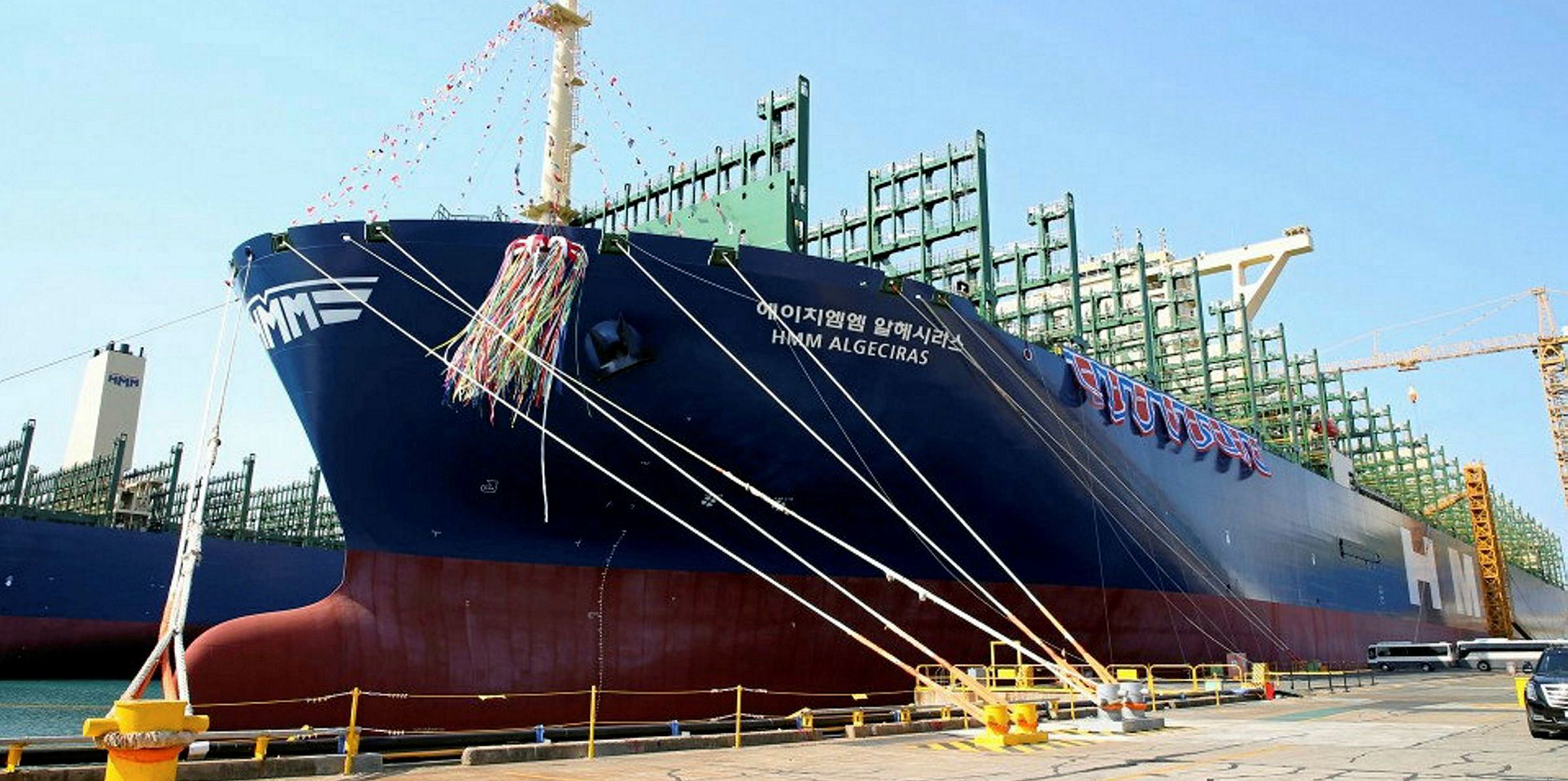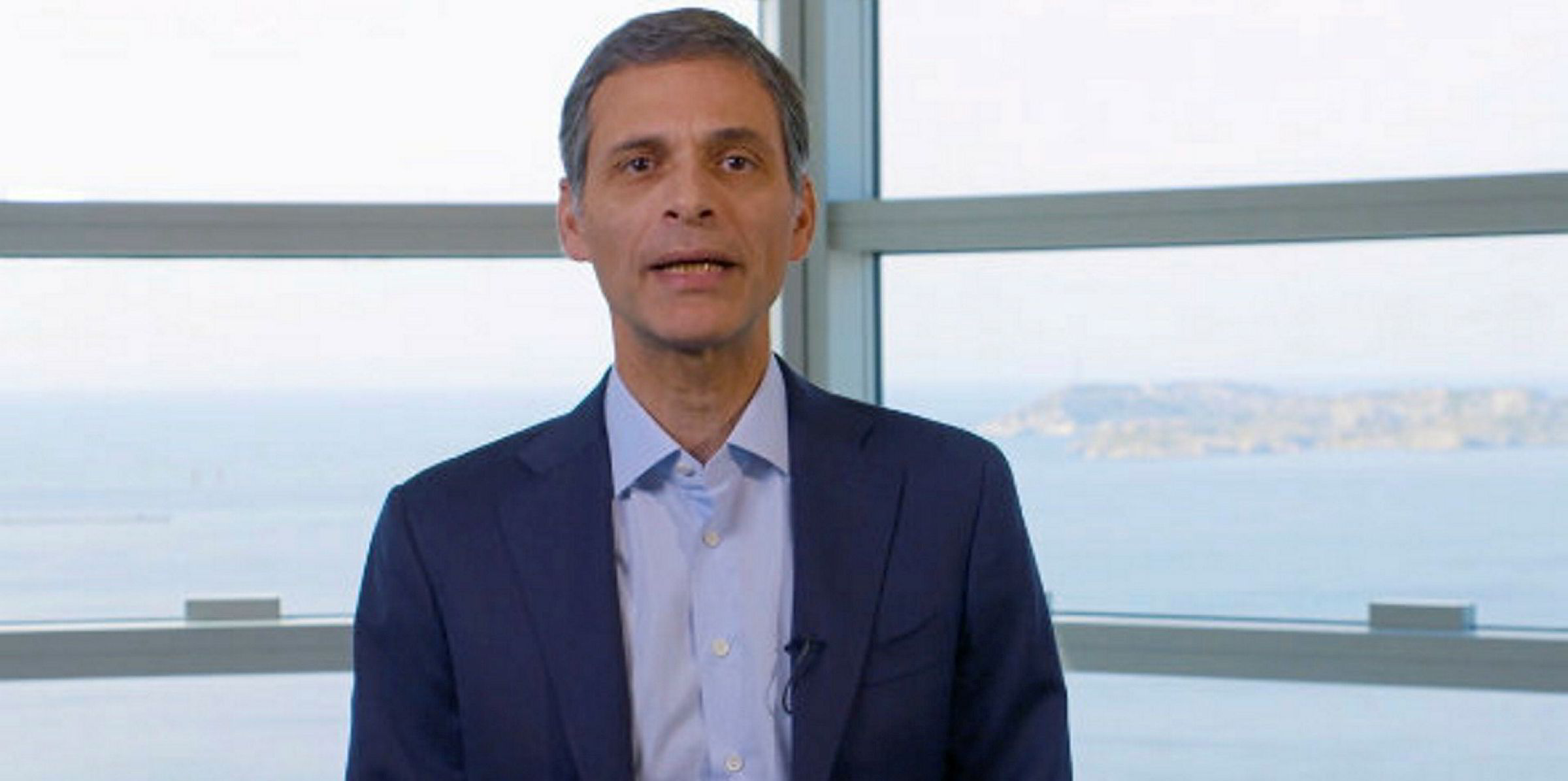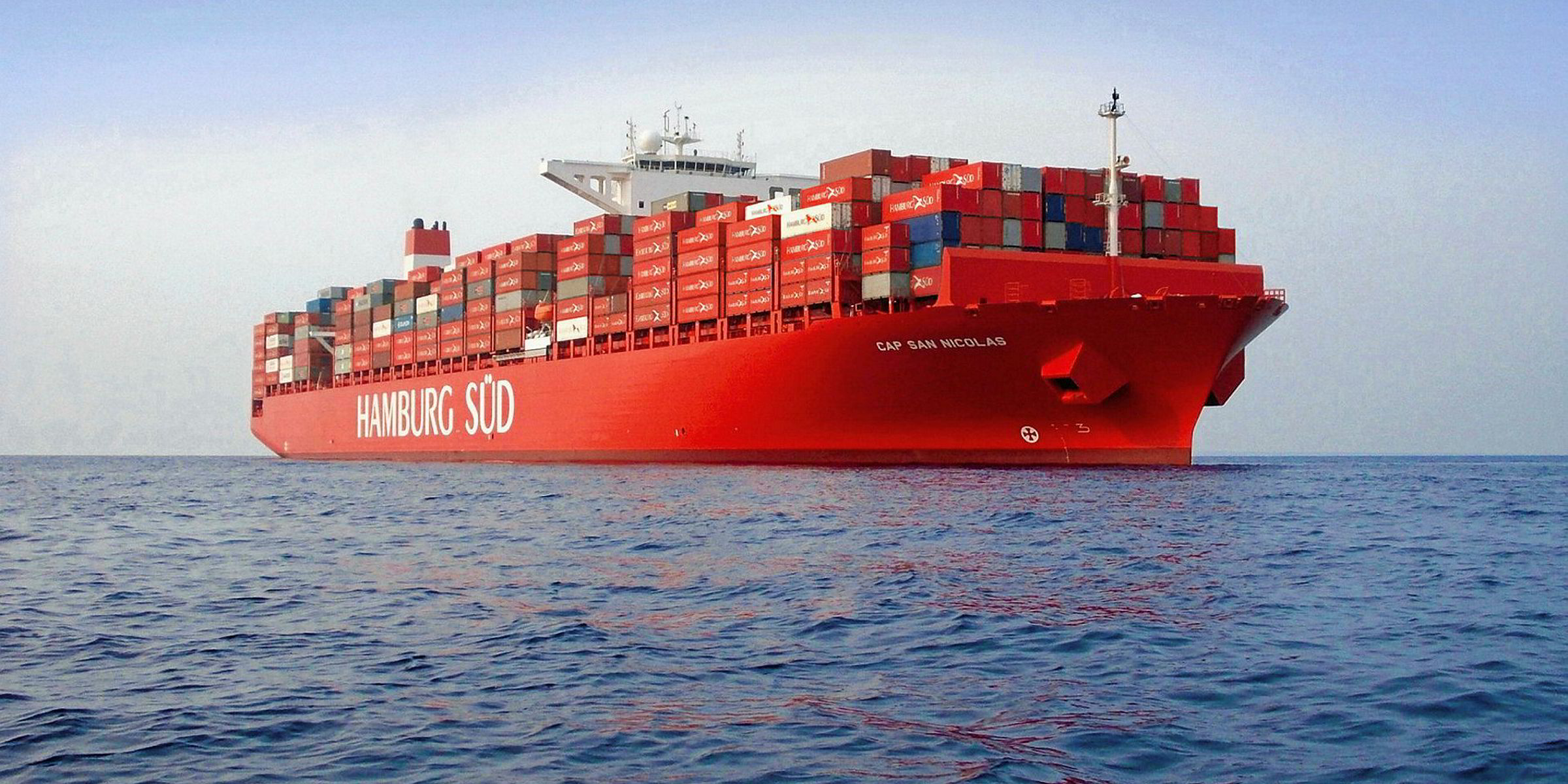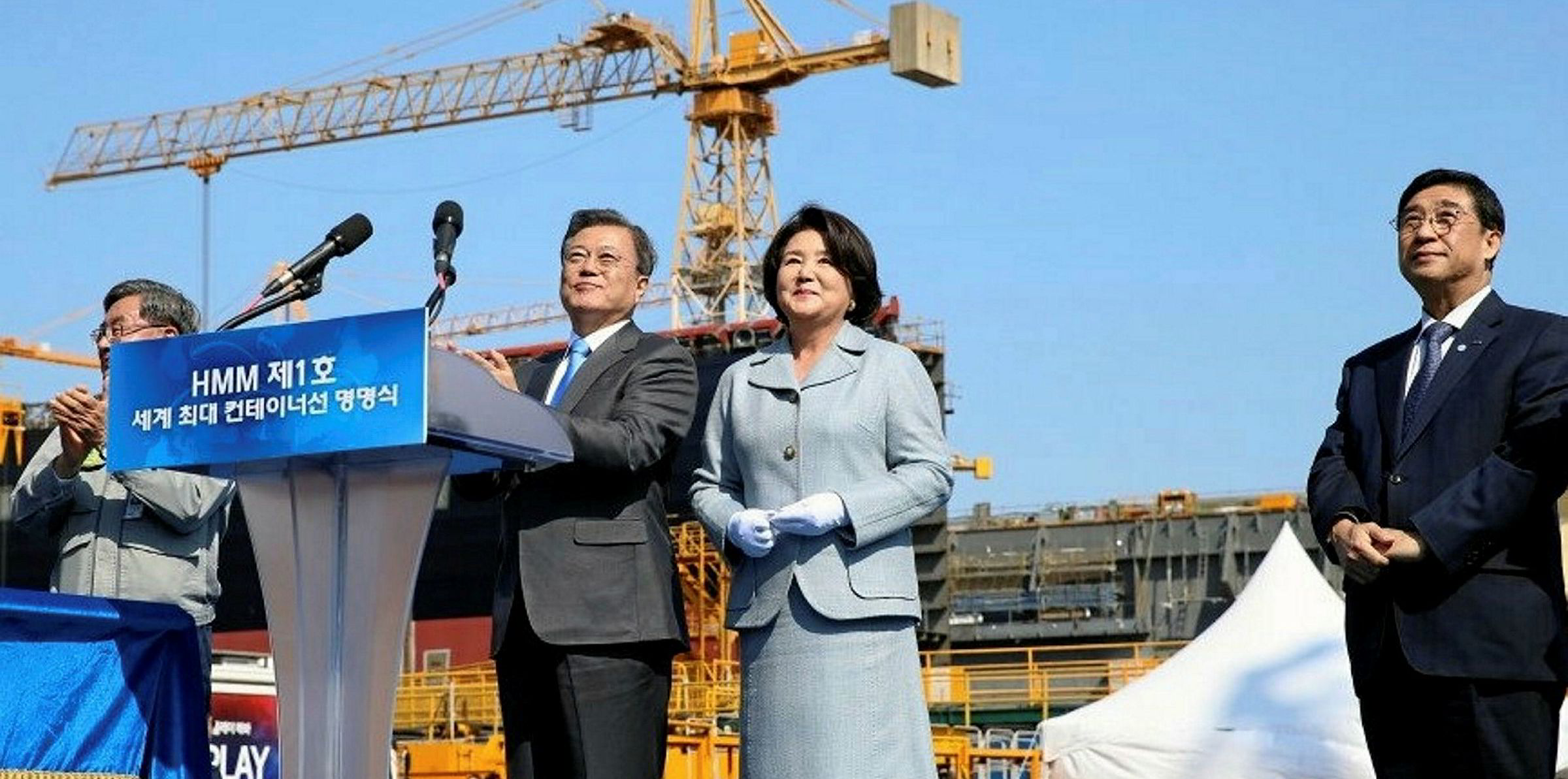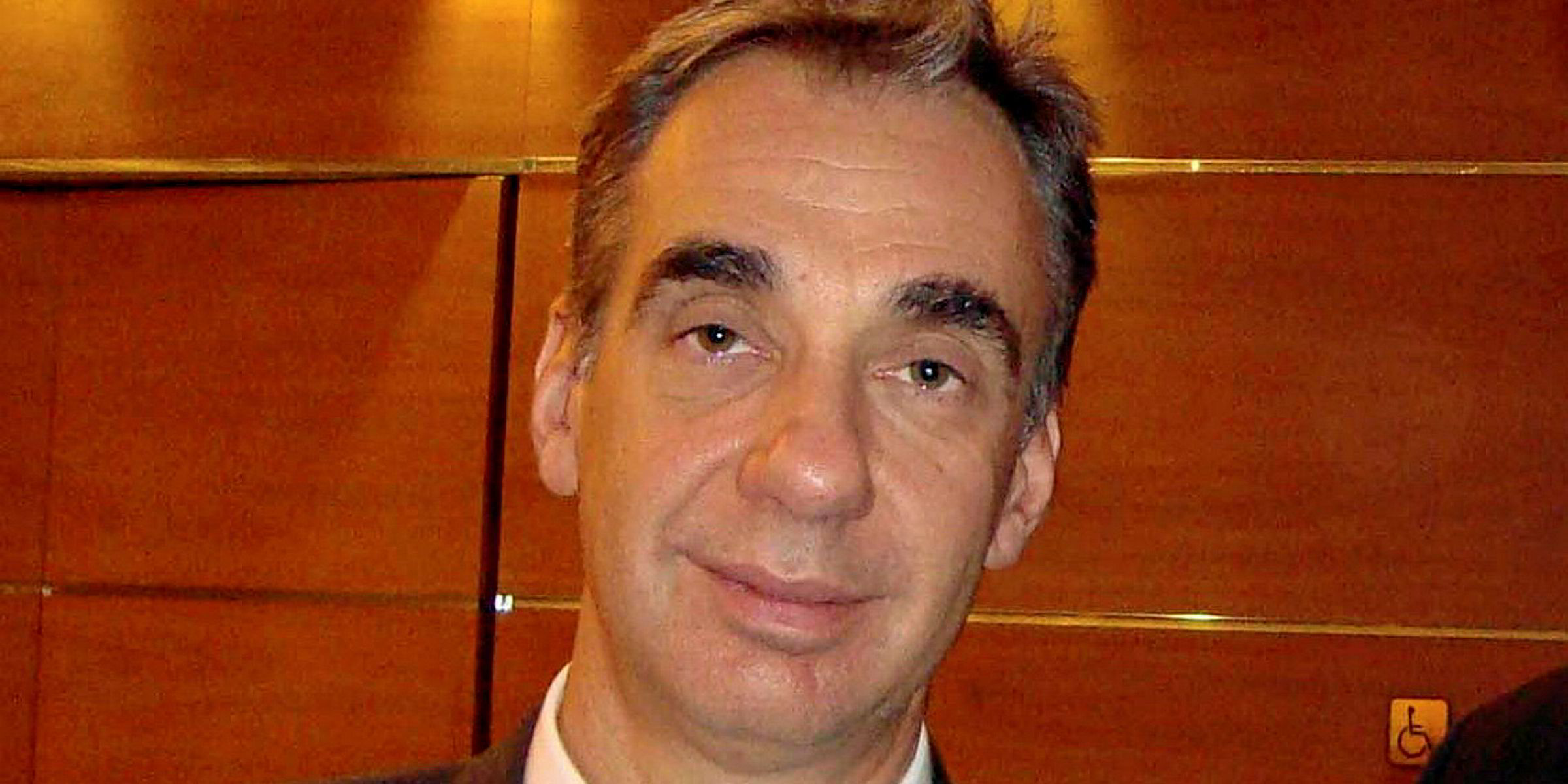Three leading liner companies are resorting to government help in order to survive the turmoil caused by the Covid-19 pandemic.
State-backed loans totalling more than $1.71bn have already been issued to French operator CMA CGM and South Korea's HMM. The figure is set to rise, with Taiwan's Yang Ming Marine Transport Corp planning its own cash-raising measures.
The chunky loans have been granted as the worst slump in container volumes is set to test the resilience of some of the industry's heavily indebted and fastest-expanding liner companies.
Marseille-based CMA CGM had been implementing a $2.1bn liquidity plan to help manage debts of $17.8bn prior to the pandemic.
On 13 May, it secured a €1.05bn ($1.12bn) state-backed loan designed to help it through the Covid-19 pandemic.
The syndicated loan from a consortium of three banks — BNP Paribas, HSBC and Societe Generale — is part of France's state-guaranteed loan scheme established at the end of March.
The French state guarantees 70% of the loan, which has an initial one-year maturity and an extension option for up to five additional years.
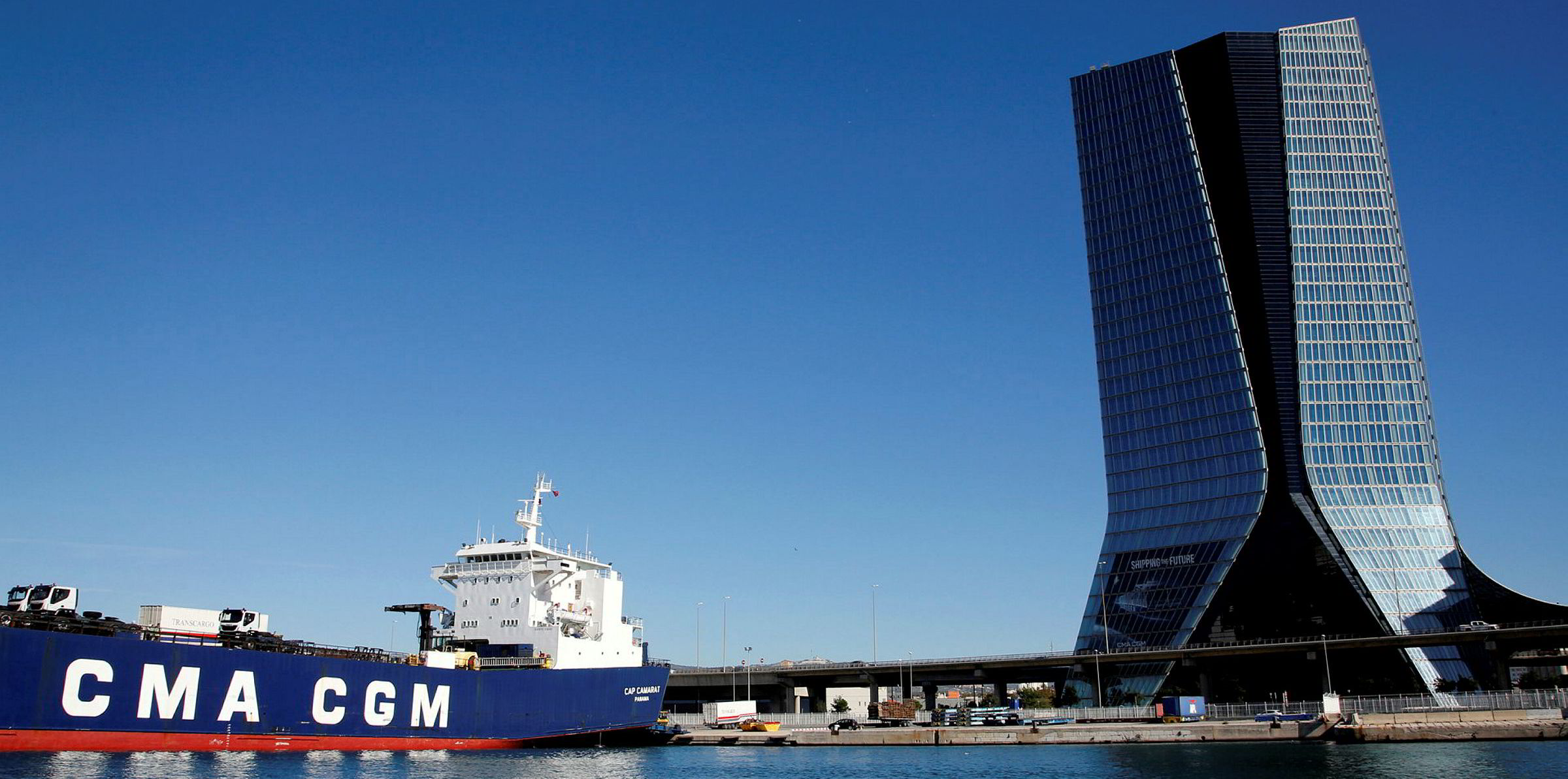
CMA CGM needs the loan to strengthen its cash position "in order to confront uncertainties in the global economy resulting from the health crisis and lockdown measures in a large number of countries".
The line anticipates a limited slowdown in its activity over the near term, with a decrease in market volumes of 10% in the first half of 2020 compared to last year.
Asian loans
The move comes days after HMM received nearly $600m from South Korean government-owned entities that have raised their shareholding in the Korean carrier to nearly 74%.
On 28 April, HMM said it had received KRW 720bn ($591m) from the state-owned Korea Development Bank (KDB) and Korea Ocean Business Corp (KOBC) in return for convertible bonds.
The move raised KDB's stake in HMM from 34.8% to 37%, while KOBC’s share increased from 34.4% to 36.6%, according to Alphaliner. The combined stake of the two grew from 69.2% to 73.6%.
KOBC also provided HMM with a further KRW 54bn ($44m) to finance the acquisition of 48,980 units of new dry container equipment.
The investment is meant to support HMM’s aggressive expansion plan that will more than double the carrier’s operated vessel capacity in the coming 15 months, argued Alphaliner.
Separately, the board of Yang Ming has approved a plan to raise additional capital. That will be obtained through a private placement of 300m preferred shares at a so-far undisclosed price.
Sources also said there had been a $303m capital injection to Yang Ming subsidiary All Ocean, but clarification from Yang Ming could not be obtained.
The Taiwanese government owns about 48% of Yang Ming’s shares and expects it will fund the new share offering.
Expansion
Alphaliner highlights the plans by HMM and Yang Ming to significantly raise their operating capacity in the next two years.
Yang Ming is set to receive 14 newbuildings of 12,000 teu and 10 vessels of 2,800 teu in 2020 to 2022.
Separately, HMM will receive 12 new ships of 23,000 teu, including the 23,964-teu HMM Algeciras (built 2020), touted as the world's largest containership, and a further eight units of 15,000 teu.
HMM is also taking back nine ships of between 10,000 teu and 13,000 teu, previously chartered out to Maersk and Mediterranean Shipping Co.
"Unfortunately, HMM’s expansion coincides with the worst demand slump for container shipping lines," Alphaliner said. "Demand for container transport is expected to drop by at least 30% in May."
State assistance is increasingly seen as an attractive feature for some of the world's largest containership tonnage providers.
In a conference call on 5 May, Seaspan Corp chief executive Bing Chen referred to "government assistance" as one reason that liner operators "are much better positioned in dealing with such an unprecedented crisis".
